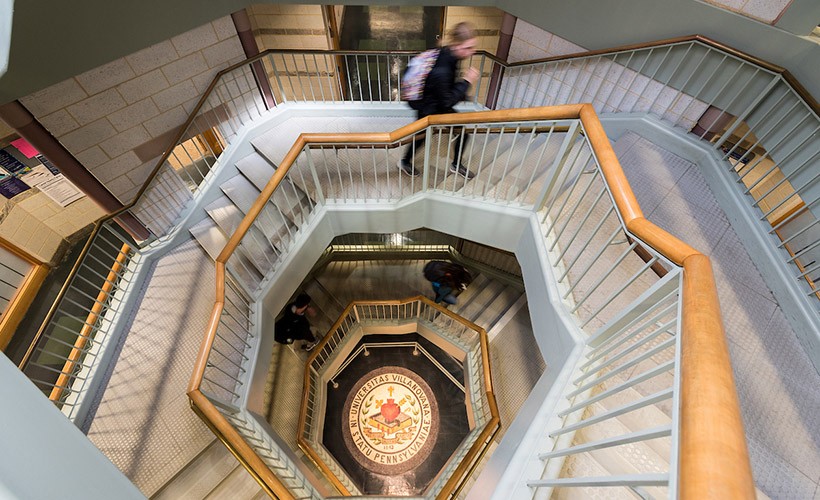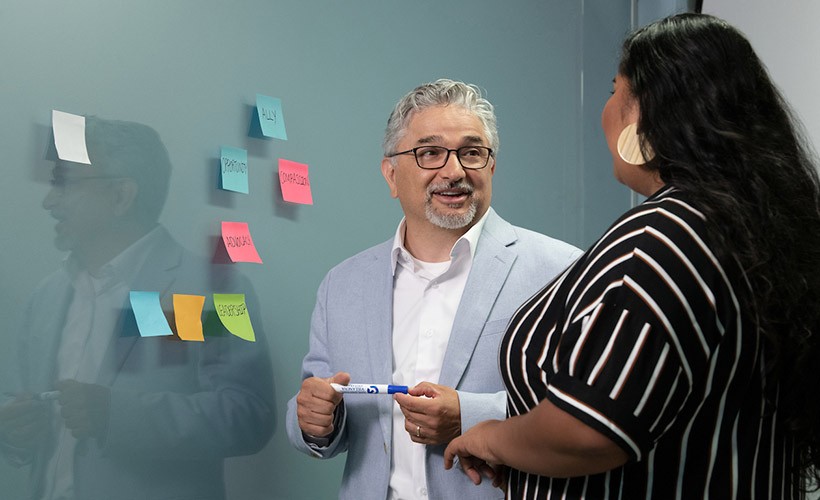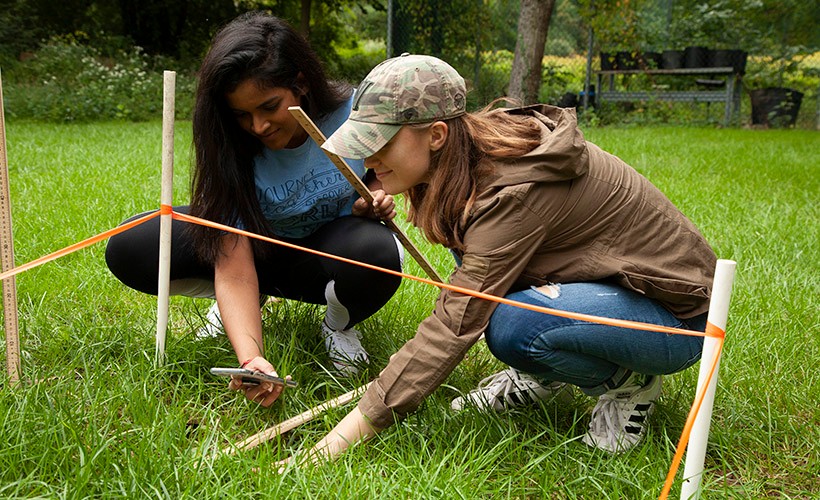GUIDING PRINCIPLES
The Department is committed to the preparation of ethical, inspired and compassionate educators, counselors, and higher education leaders who will lead professional lives exemplifying the intellectual and moral ideals embodied in the University’s mission.
The Department of Education and Counseling is dedicated to achieving the goals and objectives of the University. As a community of learners, the Department advances the University's commitment to the Catholic Augustinian tradition and recognizes that all members of the departmental community—students, faculty and staff—are unique and valued individuals who are committed to the advancement and dissemination of knowledge.
The Department extends this respect to all members of the greater University community and, indeed, through its service to schools and other organizations, to all people.
The Department is specifically charged with preparing teachers, counselors and human service providers to be ethical leaders in their professions. Through its certification and licensure programs, the Department combines theory and research with practical experience in school and community settings to help improve the quality of the lives of others.
In fulfilling this charge, the Department is aware of its obligation to collaborate with the greater community that it serves. A sensitivity to persons as unique individuals and as members of a variety of communities, a commitment to effect multicultural and social justice, a passion for intellectual curiosity, and a dedication to service are the expected characteristics of each Department graduate. The Department values diversity and embraces approaches that support the worth, dignity, potential, and unique intersectional identities of individuals within their historical, cultural, economic, political, and psychosocial contexts. These personal qualities are inextricably connected to our graduates' professional identity and development.
Our objective is to create a learning environment which consistently supports your efforts to fully develop your potential.
The Department embraces approaches that support the worth, dignity, potential and unique intersectional identities of individuals within their historical, cultural, economic, political and psychosocial contexts. We strive to achieve inclusivity through three guiding objectives: practices, representation and participation.
DEPARTMENT UNITAS RESOURCES
Our department UNITAS: Inclusive Education Committee meets monthly to plan and review events/strategies to ensure we achieve our commitment to inclusivity. We define inclusivity as conscious efforts to involve all people, including those who might otherwise be excluded or marginalized by a majority group, to ensure an understanding of and appreciation for the diverse perspectives and identities of our students, faculty, staff, administrators, and members of the communities we serve. Inclusive practices are those intended to ensure lasting presence, continued participation, and sustained recognition of all people. As such, these practices recognize identity as intersectional, privilege the voices of all classroom learners and values their respective identities and experiences, and include texts and classroom materials that acknowledge the voices, best practices, and experiences of all individuals and communities.
Content and Pedagogy
Podcasts: Looking for an alternative—or complement—to your course readings? Consider episodes from these podcasts
- Red Nation Podcast: Native American issues, for and by natives, could be great to bring awareness of indigenous cultures in America·
- 1619: About the legacy of slavery in the US.
- How It Is: A podcast that tells stories of diverse women to inspire others. It hits on ability status, socioeconomic status, race, gender differences, social norms related to those issues and more!
- Where should we begin?: A couples’ counseling podcasts that uses diverse couples.
- Code Switch: A podcast about racism in our society.
- Otherhood: Talks about immigrants in America and what it is like for them to constantly feel like “the other.” It is eye opening and emotional, as it provides insight into what it means to be a first-generation immigrant in America.
- Cult of Pedagogy: A podcast that addresses teaching strategies, classroom management, education reform, and educational technology using a critical, intersectional lens.
- Disability Visibility: A podcast that considers intersectional issues (especially related to politics, culture, and media) that affect the disability community. Hosted by disabled activist Alice Wong and part of the Disability Visibility Project.



